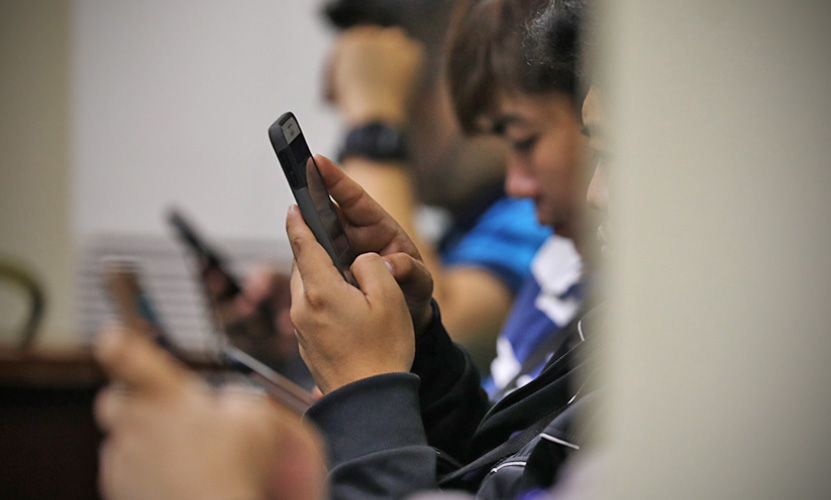Senator Win Gatchalian filed a resolution calling for an investigation on the proliferation of spam and phishing text messages, citing the need to protect consumers’ right to privacy and security.

“It is alarming that while major telecommunications providers claim to have already blocked a significant number of spam and phishing text messages, the problem continues to hound many telco subscribers,” the senator said, noting that latest spam and phishing messages have evolved to include the receiver’s name compared to previous random transmission of messages.
The inclusion of the receiver’s name indicates a breach of consumers’ right to privacy and this breach stirs fear that their personal details may have already been compromised, he added.
The government, according to Gatchalian, through relevant agencies needs to devise an effective intervention to stop the proliferation of spam messages which contain information that appears to come from reputable or reliable source and attempts to obtain a user’s sensitive information such as username, passwords, and credit card details.
In November 2021, an interagency group was created led by the Cybercrime Investigation and Coordinating Center (CICC) to address the problem. Part of the interagency group are the Department of Information and Communications Technology (DICT), National Privacy Commission (NPC), National Telecommunications Commission (NTC), Department of Justice (DOJ), National Security Council, and Anti-Money Laundering Council (AMLC), among others.
Gatchalian pointed out though that despite the existence of the inter-agency group and the NPC’s initiatives to investigate the proliferation of spam and phishing messages, latest data reveals that the issue continues to be a concern for many users.
He noted that in June this year, PLDT Inc. claimed to have blocked more than 23 million text messages in four days for attempting to get consumers’ personal data. Another major telecommunications company, Globe Telecom, said it blocked over 138 million spam and scam text messages over a six-month period from January to June this year.
“Malinaw na hindi sapat ang mga hakbang na ginawa ng inter-agency group upang matugunan ang problemang ito dahil ang mga subscribers ay patuloy na nakakatanggap ng mga spam at phishing messages. Higit pang mga interbensyon ang kailangan gawin ng gobyerno para epektibong matuldukan ang mga ganitong mga gawain,” he ended.


